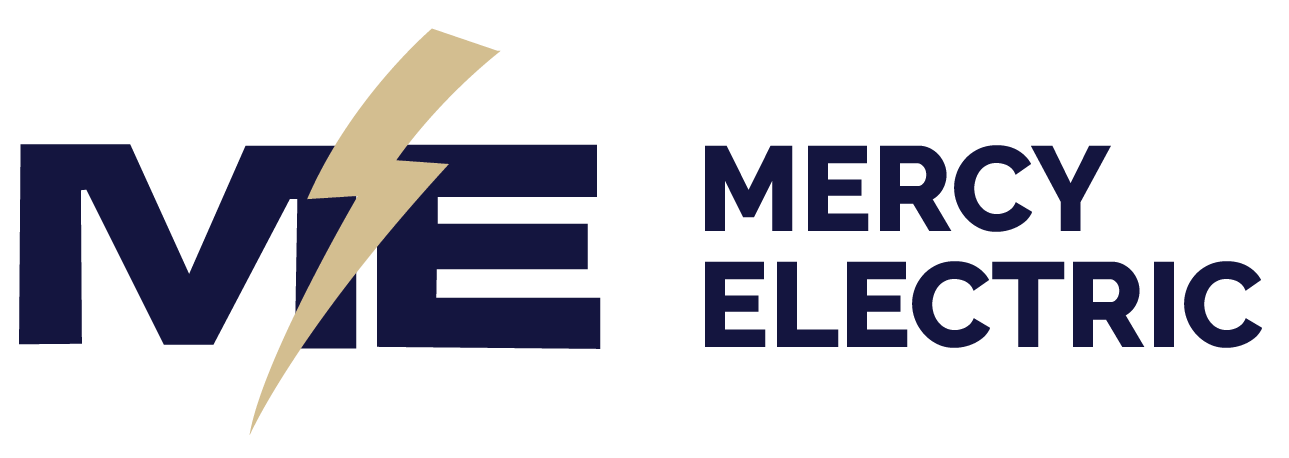Navigating the San Francisco Electrical Code: Your Ultimate Compliance Guide
Are you a homeowner, contractor, or architect working on a building project in San Francisco? Understanding and complying with the city’s electrical code is crucial for ensuring safety, passing inspections, and avoiding costly delays. This comprehensive guide will walk you through the key aspects of the San Francisco Electrical Code, providing valuable insights and practical tips for your next project. Read on to learn how to navigate the complex world of electrical regulations in the City by the Bay.
What is the San Francisco Electrical Code?
The San Francisco Electrical Code (SFEC) is a comprehensive set of regulations governing electrical installations and systems within the City and County of San Francisco. This code is based on the California Electrical Code but includes specific amendments and additions to address the unique needs and challenges of San Francisco’s urban environment.
The SFEC covers a wide range of electrical requirements, from residential wiring to commercial installations. It’s designed to ensure safety, efficiency, and consistency in electrical work throughout the city. Compliance with this code is mandatory for all electrical projects in San Francisco, whether you’re renovating a Victorian home or constructing a new high-rise in the Financial District.
Contact Us Today About Your Project
Contact NowHow does the SF Electrical Code differ from the California Electrical Code?
While the San Francisco Electrical Code is based on the California Electrical Code, it includes several key differences and additional requirements. These modifications are made to address the specific needs of San Francisco’s built environment, including its high population density, unique architectural styles, and seismic considerations.
Some notable differences include:
– More stringent requirements for electrical installations in multi-unit residential buildings
– Additional safety measures for buildings in earthquake-prone areas
– Specific regulations for historic buildings and structures
– Enhanced energy efficiency standards aligned with San Francisco’s environmental goals
It’s essential for electrical contractors and building professionals to be familiar with these local amendments to ensure full compliance with San Francisco’s regulations.
Who enforces the San Francisco Electrical Code?
The Department of Building Inspection (DBI) is the primary agency responsible for enforcing the San Francisco Electrical Code. The DBI’s Electrical Inspection Division plays a crucial role in ensuring compliance through various means:
– Plan review of electrical permit applications
– On-site inspections during construction and installation
– Investigation of complaints and reported violations
– Issuance of citations and stop-work orders for non-compliant projects
Text Us Now For A Quote
Get Your QuoteThe DBI works closely with other city departments, such as the San Francisco Fire Department and the Planning Department, to provide consistent application of the requirements and ensure that electrical installations meet all relevant safety and zoning standards.
How do commercial electrical regulations differ from residential ones?
Commercial electrical installations in San Francisco are subject to more complex regulations compared to residential projects. Some key differences include:
– Load Calculations: Commercial buildings often require more detailed electrical load calculations to ensure adequate capacity.
– Emergency Systems: Many commercial structures must have backup power systems and emergency lighting.
– Energy Management: The code mandates energy management systems for larger commercial buildings to promote efficiency.
– Accessibility: There are specific requirements for electrical installations in accessible routes and spaces to comply with ADA standards.
Commercial projects in San Francisco, especially in C-3 districts (Downtown Commercial), may also be subject to additional requirements related to building height, density, and mixed-use considerations.
What permits are required for electrical work in San Francisco?
Obtaining the proper permits is a crucial step in ensuring compliance with the San Francisco Electrical Code. The type of permit required depends on the scope and nature of the electrical work. Common types of electrical permits include:
– Standard Electrical Permit: For most residential and small commercial projects
– Combo Permit: Combines electrical, plumbing, and building permits for larger projects
– Over-the-Counter Permit: Available for simple installations or replacements
– Emergency Repair Permit: For urgent electrical repairs that cannot wait for standard processing
Permit fees vary based on the project’s value and complexity. It’s important to note that working without a proper permit can result in significant fines and may require the removal and reinstallation of electrical systems.
How can I ensure compliance during the plan review process?
The plan review process is a critical step in obtaining approval for your electrical project. To ensure compliance and streamline the process:
1. Submit complete and accurate electrical plans, including single-line diagrams and load calculations.
2. Clearly indicate any deviations from standard code requirements and provide justifications.
3. Engage with a licensed electrical engineer or architect familiar with San Francisco’s regulations.
4. Be prepared to respond promptly to any requests for additional information or clarifications from the DBI.
5. Consider scheduling a pre-application meeting with the Electrical Inspection Division for complex projects.
Remember, the goal of the plan review process is to provide consistent application of the requirements and ensure that your project meets all necessary safety and regulatory standards.
Contact Us Today About Your Project
Contact NowWhat are the most common electrical code violations in San Francisco?
Being aware of common code violations can help you avoid costly mistakes and delays. Some frequently encountered issues include:
– Improper grounding and bonding of electrical systems
– Insufficient GFCI and AFCI protection in required locations
– Overloaded circuits or inadequate service capacity
– Improper use of extension cords as permanent wiring
– Failure to obtain necessary permits for electrical work
– Non-compliant installation of electrical panels in prohibited locations
By understanding these common pitfalls, you can take proactive steps to ensure your electrical installations fully comply with the San Francisco Electrical Code.
Where can I find resources and support for electrical code compliance in San Francisco?
The City of San Francisco provides several resources to help you navigate the electrical code compliance process:
– DBI Website: Offers informational bulletins, code interpretations, and permit application forms
– SF Planning Department: Provides guidance on zoning and land use considerations that may affect electrical installations
– Professional Associations: Organizations like the International Association of Electrical Inspectors (IAEI) offer training and support for code compliance
– Local Electrical Contractors: Experienced professionals familiar with San Francisco’s unique requirements can provide valuable insights and assistance
Don’t hesitate to reach out to these resources for guidance on your specific project needs.
Key Takeaways:
– The San Francisco Electrical Code is based on the California Electrical Code but includes specific local amendments.
– Compliance with the SFEC is mandatory for all electrical projects in San Francisco.
– The Department of Building Inspection (DBI) is responsible for enforcing the electrical code.
– Residential and commercial electrical installations have distinct requirements and considerations.
– Proper permits are essential for all electrical work in San Francisco.
– The plan review process is crucial for ensuring compliance and obtaining project approval.
– Staying informed about common code violations and recent updates is key to successful compliance.
– Numerous resources are available to support electrical code compliance in San Francisco.
By understanding and adhering to the San Francisco Electrical Code, you can ensure the safety, efficiency, and legality of your electrical installations. Whether you’re a homeowner, contractor, or building professional, this guide provides a solid foundation for navigating the complex world of electrical regulations in the City by the Bay.
FAQs
Q: What does the San Francisco Electrical Code Compliance Guide cover?
A: The San Francisco Electrical Code Compliance Guide covers regulations related to electrical installations in buildings within the city of San Francisco to ensure safety and compliance with building codes.
Q: Is the San Francisco Electrical Code Compliance Guide specific to the city of San Francisco only?
A: Yes, the guide pertains specifically to electrical code requirements within the jurisdiction of San Francisco.
Text Us Now For A Quote
Get Your QuoteQ: Are building permits required to comply with the San Francisco Electrical Code?
A: Yes, building permits are typically required to ensure that electrical work meets the standards set forth in the San Francisco Electrical Code.
Q: When was the most recent version of the San Francisco Electrical Code updated?
A: The most recent version of the San Francisco Electrical Code was updated in 2022 to reflect any changes in regulations or standards.
Q: Is the San Francisco Electrical Code Compliance Guide aligned with California state regulations?
A: Yes, the guide is aligned with California state regulations to ensure consistency and compliance across the state.
Q: What should I do if I need clarification on a specific code interpretation in the guide?
A: If you require clarification on a specific code interpretation, it is recommended to consult with the local building authorities or relevant official resources for assistance.
Q: Are there any specific procedures outlined in the San Francisco Electrical Code Compliance Guide for enforcement purposes?
A: Yes, the guide typically outlines procedures for enforcement to ensure that electrical installations adhere to the required standards and regulations.
Q: Do I need to install a dedicated circuit as per the requirements of the San Francisco Electrical Code?
A: Yes, the code may require you to install a dedicated circuit for specific appliances or equipment to ensure safe operation and compliance with regulations.
Q: What are some common requirements related to electrical distribution in the San Francisco Electrical Code Compliance Guide?
A: The guide may specify requirements for electrical distribution, such as the installation of dedicated circuits, proper wiring methods, and adherence to safety standards.
Q: How can I access the current version of the San Francisco Electrical Code Compliance Guide?
A: The current version of the guide may be available for reference online, through official documents provided by the local council, or in print form for offline access.

